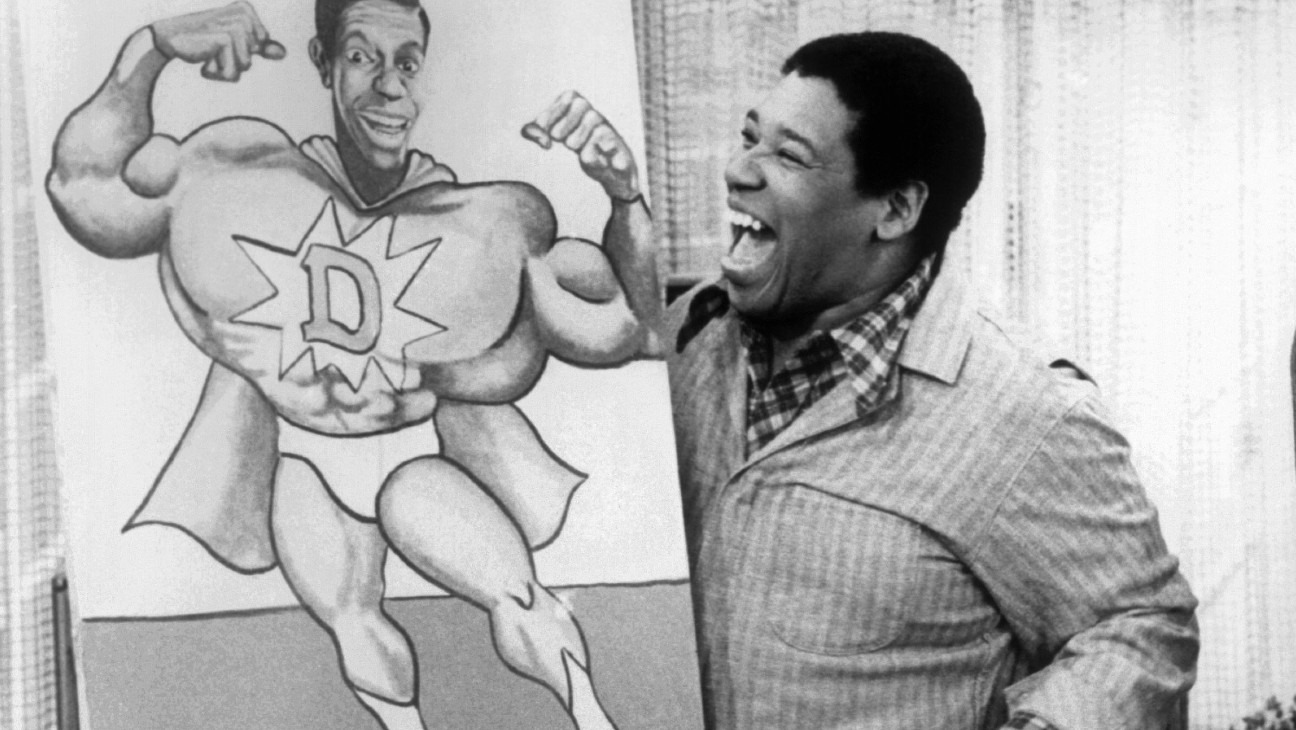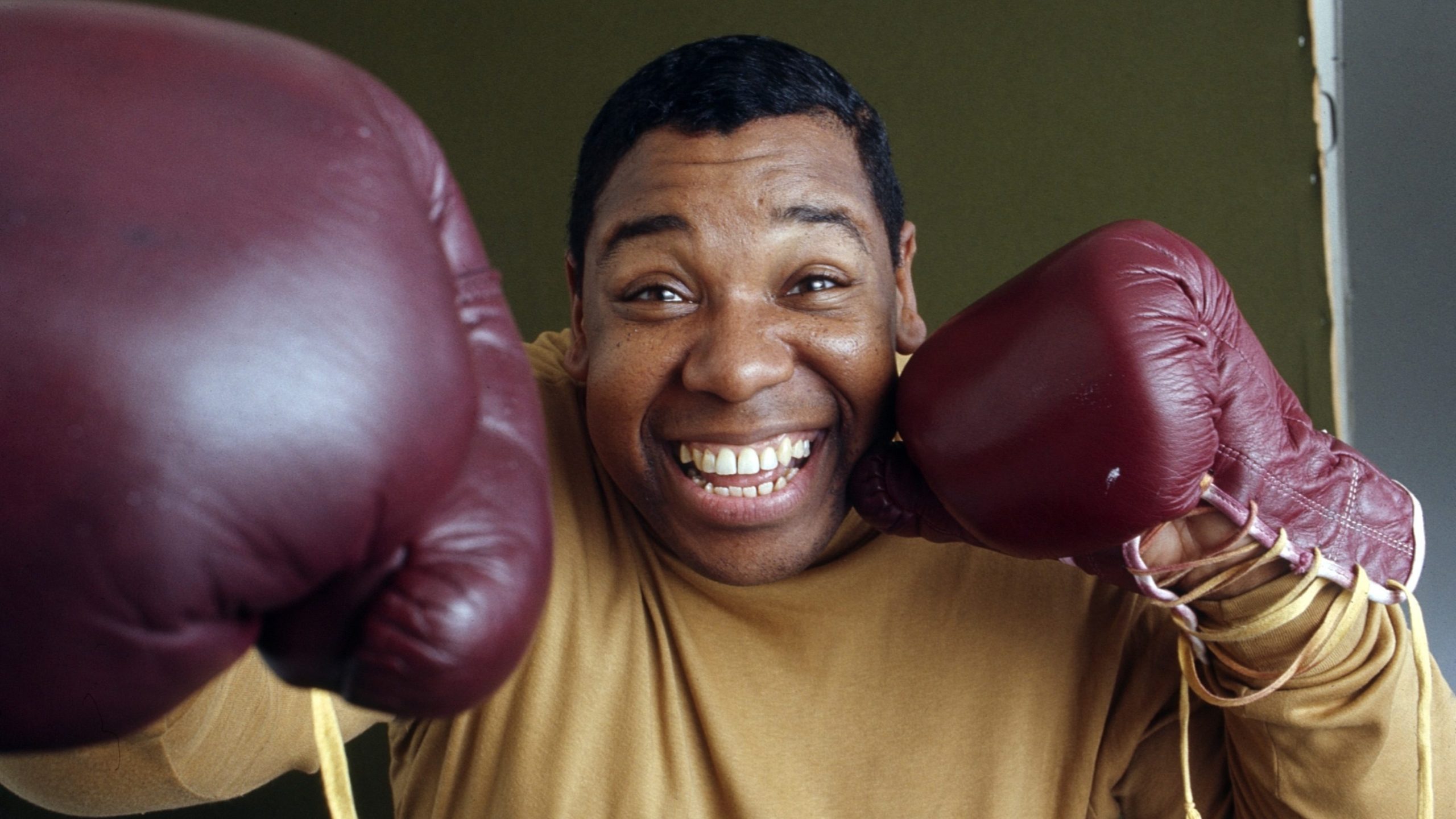# The Untold Story of Johnny Brown: A Legacy of Laughter and Resilience

Johnny Brown, forever etched in television history as Nathan Bookman from the groundbreaking 1970s sitcom *Good Times*, was a talent whose journey from Harlem to Hollywood embodied perseverance. Born on June 11, 1937, in St. Petersburg, Florida, Brown grew up in Harlem, New York, amidst a cultural explosion of jazz and comedy.
In an era with limited opportunities for Black performers, he harnessed his powerful voice and innate charisma to forge a path in entertainment.
Brown’s career ignited in the late 1950s and early 1960s through nightclub performances at iconic venues like the Apollo Theater. His smooth, jazz-inflected singing and comedic flair—defined by expressive faces and quick wit—captured attention.
Touring with saxophonist Sam “The Man” Taylor and releasing singles like *Walking, Talking, Kissing Dog* on Columbia Records in 1961, Brown showcased versatility. He sang, mimicked, and delivered humor with precision, earning recognition from industry legends like Sammy Davis Jr.

His transition to screen began in 1966 with a role as a blind pianist in *A Man Called Adam*, alongside Davis Jr. Broadway stints followed, including *Golden Boy* and the short-lived *Carry Me Back to Morningside Heights*, directed by Sidney Poitier. From 1968 to 1973, Brown became a staple on *Rowan & Martin’s Laugh-In*, honing his comedic presence. In 1970, he appeared in Neil Simon’s *The Out-of-Towners*, starring Jack Lemmon, signaling his rising Hollywood profile.
The pinnacle came in 1975 with *Good Times*, where Brown’s Nathan Bookman, the building superintendent, evolved from a recurring role to a beloved fixture. Often teased for his weight and laziness by the Evans family, Bookman’s sharp retorts and expressive reactions—crafted by Brown’s nuanced performance—made him endearing. His lines remain fan favorites, a testament to his impact on the series.
Post-*Good Times*, Brown continued to shine in projects like *The Wiz* (1978), *Family Matters*, *Martin*, *Sister, Sister*, and *The Wayans Bros.* (1994-1996).
A standout performance came in 1998 on *Touched by an Angel*, portraying a dying comedian with heartbreaking depth. He also featured in commercials and mockumentaries like *The Old Negro Space Program* (2004). Navigating an industry rife with stereotyping, Brown balanced practicality with pride in representation.

Off-screen, Brown was a devoted husband to June Brown for nearly 60 years since 1961 and a loving father to actress Sharon Brown and John Jr. With an estimated net worth of $2 million, he valued impact over wealth—measured in laughter and opened doors for future performers.
Despite winning only an NAACP Award for Best Actor, his authenticity resonated deeply.
Johnny Brown passed on March 2, 2022, at 84, leaving a void in entertainment. His daughter Sharon mourned a legend and father, while fans shared tributes online.
From Harlem stages to TV screens, Brown’s story of talent and grit inspires, proving that supporting roles often leave the most lasting impressions.

